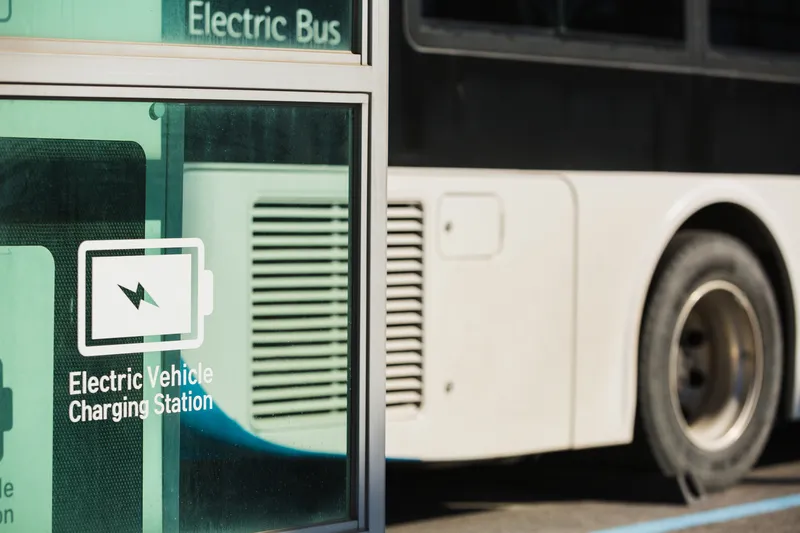
Moovit is providing a Mobility as a Service (MaaS) app for a programme aimed at improving job access in the Village of Bedford Park in Illinois.
The Connect2Work programme consists of a first-/last-mile service and late-night service from Uber and an on-demand microtransit service from Via.
Bedford Park is a commercial employment centre in Cook County with more than 26,000 jobs.
Dave Brady, Bedford Park Village president, says: “We have been hearing from our constituents and the business community, such as Home Chef, Cintas, Ingredion, and others, about the transportation challenges for a number of their employees on getting to and from work especially with the coronavirus.”
“We have a number of transit connections in and around the Village, including the CTA’s Orange Line Midway station, and we thought there must be a better way to get residents to transit and regional workers to and from transit to jobs in the Village, in a cost-effective way,” Brady adds.
Connect2Work will explore ways to integrate the new mobility services with existing transit service in ways which improve access.
It will also produce lessons learned from testing the MaaS platform that may be utilised by other municipalities in Cook County.
The programme's public sector partners include Cook County Department of Transportation & Highways and the Regional Transportation Authority working in collaboration with the Chicago Transit Authority.
The village carried out a last-mile mobility planning effort to identify Bedford Park’s mobility challenges and potential solutions.
In September, Cook County board president Toni Preckwinkle and the County’s Department of Transportation and Highways confirmed 30 projects would receive funding under the 2020 ‘Invest in Cook’ transportation grant programme.
The grants help municipalities further their transportation projects by covering the cost of planning, engineering, right-of-way acquisition and construction associated with transportation improvements sponsored by local governments and private partners.
Preckwinkle describes the pilot programme in the Village Bedford Park as a “shining example of how Invest in Cook grant funds are equitably distributed to help alleviate transportation challenges facing our residents”.
The pilot is planned to begin in early 2021.









